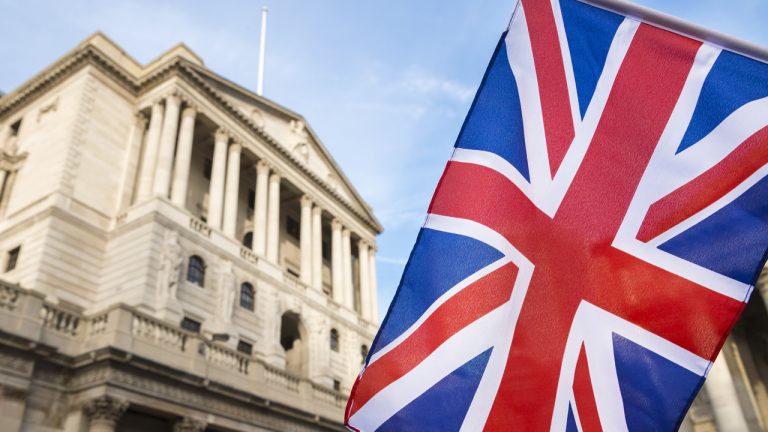
The insights of Project Meridian would be used by the Bank of England in its real-time gross settlement system.
The Bank of England and the Bank for International Settlements (BIS) Innovation Hub London Center have tested a distributed ledger technology-powered settlements system between the institutions. The insights of the project will be used by the Bank of England in its real-time gross settlement (RTGS) system.
On April 19, BIS published a report about the joint pilot project with the Bank of England called Project Meridian. According to the 44-page document, the banks have successfully purchased houses in Wales and England through the synchronization network using distributed ledger technology (DLT).
As the report states, the messages sent between the synchronization network and RTGS system using APIs provide a generic interface that could be “relatively easily” extended to other asset classes, such as foreign exchange. This could reduce the time, costs and risks of transactions.

Project Meridian clearly aims to provide a settlement system for central bank digital currencies (CBDC). The report is unequivocal in citing the possible benefits for central banks:
“Synchronization can provide a catalyst for innovation in wholesale payments and support the emergence of new payments infrastructures that settle using central bank money.”
However, there are several reservations about the possible use of the system, concluded in the “Political and operational considerations” part of the report. For example, future network operators will have to think about the mechanics of identity verification. Also, the synchronization services would be restricted by existing RTGS operating hours at a time when many jurisdictions are considering extensions to the operating hours of their national payment infrastructures.
Related: CBDCs could provide smooth cross-border payments, says Bank of Israel official
Implementing the system would raise several legal questions, such as the final point of irrevocability of the settlement, digital representation of asset ownership and the prevention of the arbitrary use of the clients’ funds by commercial banks before a transaction date.
In March, the BIS reported about the completion of Project Icebreaker, exploring international retail and remittance payments use cases for CBDCs with the central banks of Israel, Norway and Sweden. In October 2022, the bank reported that a CBDC pilot involving the central banks of Hong Kong, Thailand, China and the United Arab Emirates was “successful” after a month-long test facilitating $22 million in cross-border transactions.
Magazine: Are CBDCs kryptonite for crypto?













